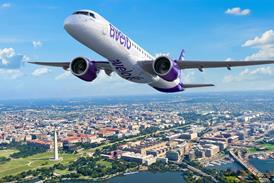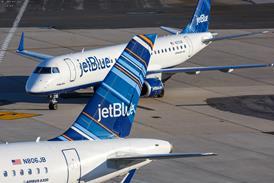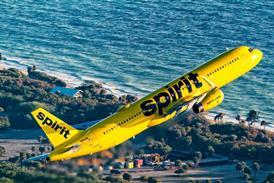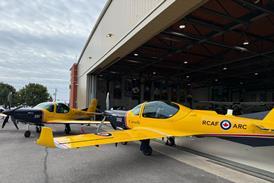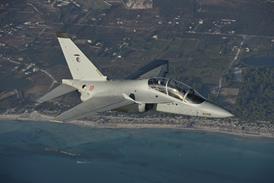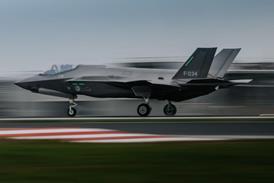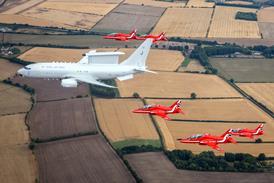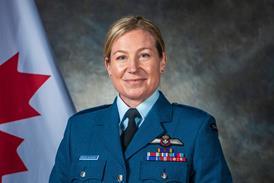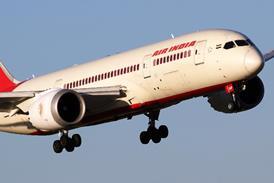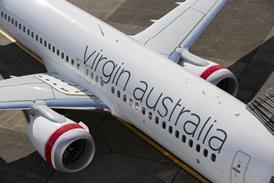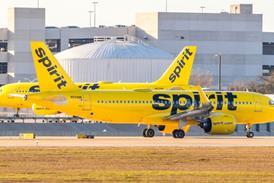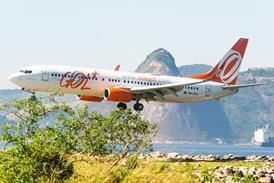United Airlines chief executive Scott Kirby thinks the era of ultra-discount airlines in the USA is coming to a close.
Kirby, who in recent months has become a loud critic of ultra-low-cost carriers’ (ULCC) business models, on 9 September described the sector as all but deceased.
His comments come as Spirit Airlines, Frontier Airlines and other US discounters rush to revamp their businesses in response to flailing demand and financial stress.
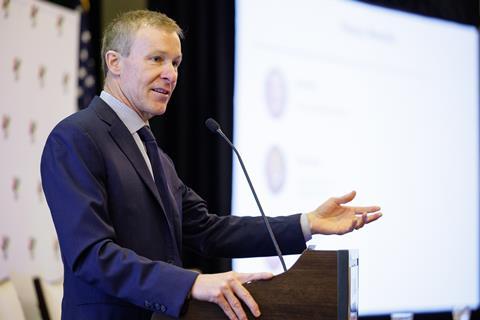
“The ULCC business model was an interesting experiment, but the consumer has voted and it has failed,” Kirby said during the US Chamber of Commerce Global Aviation Summit in Washington, DC.
Adding specifically of Spirit, which on 29 August filed for bankruptcy restructuring in US federal court, “Their customers dislike the airline. They don’t want to fly it”.
In response, Spirit posted on social media site X, “Scott is finally right about something – it is all about customers. Our guests love low fares, especially our new Spirit first and premium-economy options. Maybe that’s why United executives can’t stop yapping about us.”
Spirit grew rapidly in the last decade on the shoulders of a business model predicated on charging base fares and tacking on fees for most everything else, from baggage to seat assignments – even for printing boarding passes.
Kirby says Spirit’s historic business model, based on “surprising customers with fees, didn’t work”.
Spirit and other low-cost US airlines – and particularly ULCCs – have struggled financially of late amid an environment analysts describe as characterised by an excess of discount seats. The carriers had for years acquired large new narrowbody jets – specifically Airbus A321s – that they packed with as many as 240 seats.
Filling all those seats at profit-making prices has proved difficult recently.
Competitors like United, American Airlines and Delta Air Lines have taken a slice of the pie by offering their own “basic” economy tickets.
Meanwhile, travellers have increasing shown themselves willing to pay more for better travel experiences
In response, Spirit and competitors – even Southwest Airlines – are now revamping their businesses in a bid to attract higher-paying passengers. Spirit has added “premium” seats, including those beside blocked middle seats, and eliminated some of its most-restrictive consumer policies.
United’s Kirby draws a line between ULCCs and simply “low-cost” airlines, which could be considered to be airlines like Southwest and JetBlue Airways. He says low-cost operators are not going anywhere.
“There’s always going to be plenty of low-cost carriers, low-cost competition in this country,” Kirby says.
Spirit in November last year filed for Chapter 11 bankruptcy protection, emerging from the process in March after restructuring its finances.
But troubles continued, leading Spirit to file a second time, late last month. Spirit now intends to restructure its network and add more connecting flights, it says.

